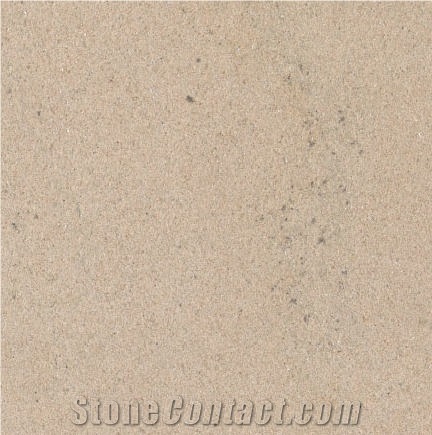Ebenheid Weiss
 Germany
(Ebenheid, Miltenberg, Baden-Wuerttemberg)
Germany
(Ebenheid, Miltenberg, Baden-Wuerttemberg)
Ebenheid Weiss is a kind of beige sandstone quarried in Germany. This stone is especially good for Building stone, masonry, pavers, monuments, pool coping, sills, ornamental stone, interior, exterior and other design projects. It also called Ebenheid Gelb,Ebenheider Mainsandstein,Ebenheider Sandstein, Ebenheid Weiss Sandstone, Ebenheid Weiss Sandstein . Ebenheid Weiss can be processed into Sawn Cut, Honed, Natural Surface, Bush Hammered, Chiseled and so on.

Can Germany's Ebenheid Weiss Sandstone be used exterior applications in very dusty climates?

Can Germany's Ebenheid Weiss Sandstone be used in landscaping?

What grade is Germany's Ebenheid Weiss Sandstone?

How thick is Germany's Ebenheid Weiss Sandstone slabs?

Are there color variations of Germany's Ebenheid Weiss Sandstone?

Is Germany's Ebenheid Weiss Sandstone an expensive stone?

Can Germany's Ebenheid Weiss Sandstone be used in a dining room?

Can Germany's Ebenheid Weiss Sandstone be used outdoors?
The request includes: 1. surface finished, size 2. quantity required







